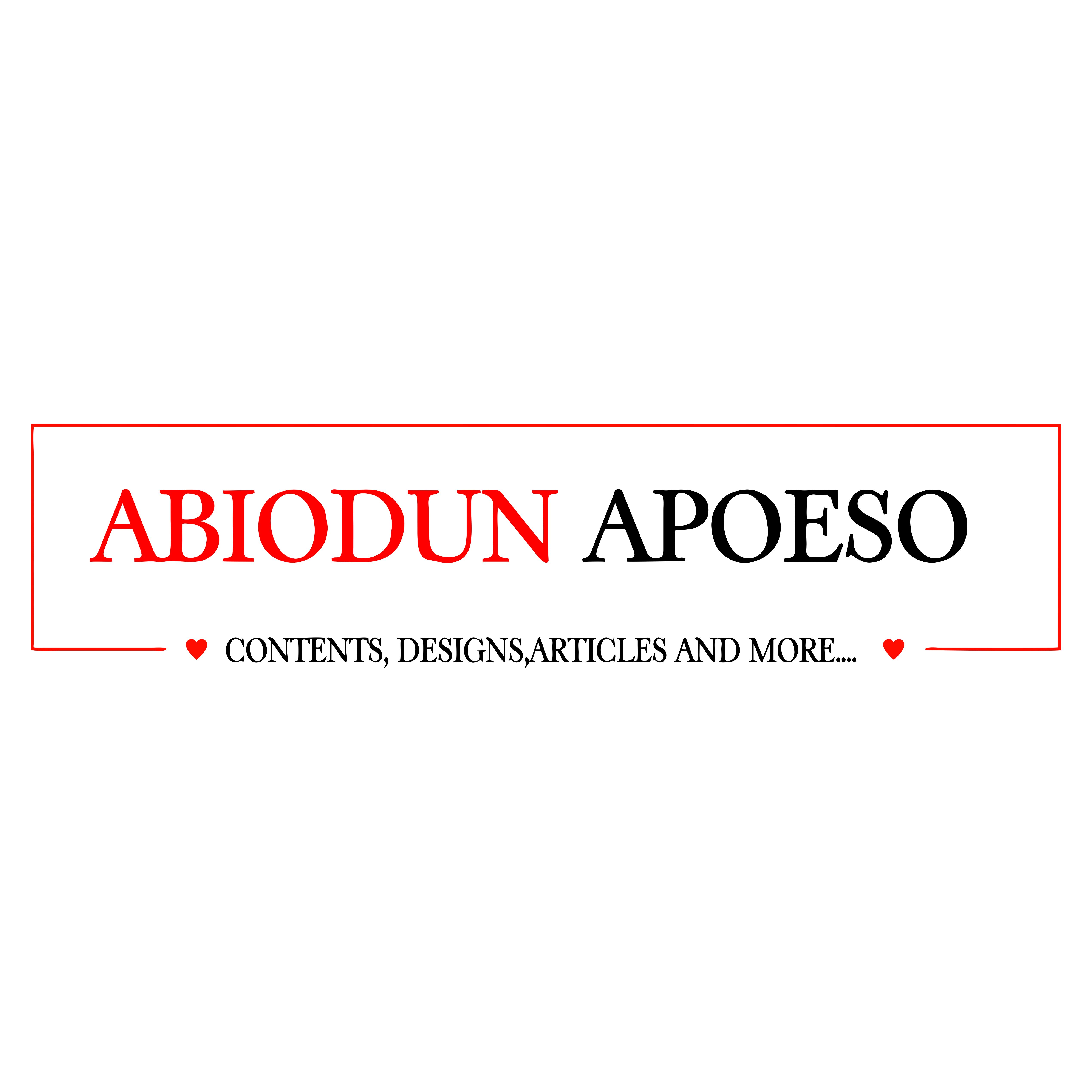“The rise of influencer marketing in Nigeria signals a shift in how brands connect with audiences in the digital age.”
Introduction
Influencer marketing is growing rapidly in Nigeria. Social media platforms like Instagram, Twitter, and TikTok have become essential tools for brands aiming to reach younger audiences.
Nigerian influencers, from fashionistas to tech enthusiasts, are now key players in shaping opinions and driving purchasing decisions.
This growth isn’t accidental. Nigeria has one of the highest social media usage rates in Africa.
With over 33 million active social media users, brands have realized the potential of partnering with influencers to boost their visibility and sales.
The rise of affordable smartphones and cheaper data plans has fueled this trend, making social media more accessible.
Nigerian consumers trust influencers more than traditional ads. They see influencers as relatable figures who understand their lifestyle and needs.
This trust translates into higher engagement rates, making influencer marketing a lucrative strategy for brands.
Brands like Tecno, Jumia, and PayPorte have successfully leveraged influencer marketing.
They collaborate with popular influencers to promote products, offer reviews, and share personal experiences.
This approach not only enhances brand credibility but also increases customer loyalty.
But what makes influencer marketing in Nigeria unique? It’s the blend of authenticity, creativity, and cultural relevance.
Nigerian influencers know how to connect with their audience through humor, storytelling, and trending content.
They create content that resonates with everyday Nigerians, making marketing campaigns more impactful.
If you’re a brand looking to explore influencer marketing in Nigeria, understanding its dynamics is crucial. From choosing the right influencers to measuring campaign success, there’s a lot to consider.
Let’s dive into the world of influencer marketing in Nigeria and explore its technology, applications, benefits, limitations, and future potential.
Technology Driving Influencer Marketing in Nigeria
Social Media Platforms Powering the Industry
- Instagram: Popular for fashion, beauty, and lifestyle content.
- Twitter: A hub for trending topics, opinions, and viral content.
- TikTok: Dominated by short, engaging videos that go viral quickly.
- YouTube: Ideal for long-form content, tutorials, and vlogs.
Tools and Software Used by Influencers
- Content Creation Tools: Canva, InShot, and Adobe Premiere Pro for editing.
- Analytics Tools: Hootsuite, Buffer, and Google Analytics for tracking performance.
- Collaboration Platforms: Upfluence, AspireIQ, and Influencity for managing brand deals.
Internet Penetration and Smartphone Usage
Nigeria’s internet penetration stands at around 50%, with millions of users accessing social media daily.
Affordable smartphones from brands like Tecno and Infinix have made it easier for influencers to create and share content.
Payment and Monetization Methods
Influencers earn through brand collaborations, sponsored posts, affiliate marketing, and YouTube AdSense. Payment methods include direct bank transfers, PayPal, and crypto transactions.
Read: https://abiodunapoeso.com/ai-powered-social-media-tools/
Applications of Influencer Marketing in Nigeria
Brand Awareness and Visibility
Influencers help brands reach a wider audience by sharing products and services with their followers.
- Example: Skincare brands like Nivea partner with beauty influencers for product reviews.
Product Launches and Promotions
New products gain traction quickly when promoted by popular influencers.
- Example: Tecno uses tech influencers to showcase new smartphone features.
Content Creation and Storytelling
Influencers create relatable content that showcases how products fit into everyday life.
- Example: Food bloggers using new kitchen gadgets in recipe videos.
Customer Engagement and Feedback
Brands receive real-time feedback through comments, likes, and shares on influencer posts.
Niche Marketing
Influencers cater to specific audiences, making it easier for brands to target their ideal customers.
- Example: Fitness influencers promoting gym wear and supplements.
Read: https://abiodunapoeso.com/social-media-seo-strategies/

Benefits of Influencer Marketing for Nigerian Brands
Higher Engagement Rates
Influencer content often receives more likes, comments, and shares than traditional ads.
Cost-Effective Marketing
Working with micro-influencers is affordable and delivers impressive results.
Authenticity and Trust
Consumers trust influencer recommendations, seeing them as genuine.
Targeted Reach
Brands can reach specific demographics based on the influencer’s audience.
Increased Sales
Influencer promotions often lead to direct purchases through discount codes and links.
Read: https://abiodunapoeso.com/social-media-trends-in-nigeria-and-africa-2025/
Limitations of Influencer Marketing in Nigeria
Fake Followers and Engagement
Some influencers buy followers, leading to ineffective campaigns.
High Competition
The influencer space is crowded, making it hard to stand out.
Inconsistent Quality
Not all influencers deliver high-quality content.
Short-Term Impact
Some campaigns have limited long-term benefits.
Legal and Ethical Concerns
Transparency in paid partnerships is still an issue.
Read: https://abiodunapoeso.com/social-media-marketing-in-africa/
Future Potential of Influencer Marketing in Nigeria
Growing Digital Adoption
More Nigerians are going online, increasing the potential audience.
Rise of Micro and Nano-Influencers
Smaller influencers offer higher engagement and authenticity.
Technological Advancements
Better tools for content creation and analytics are emerging.
Diversification of Platforms
New platforms like Clubhouse and LinkedIn are gaining traction.
Regulatory Developments
Clearer guidelines on influencer marketing are expected.











3 Comments
XOmHs4w2yLx
VjtX19qj79z
I am extremely impressed with your writing talents as
neatly as with the structure for your weblog. Is this a paid subject or did you customize it your
self? Either way stay up the nice high quality writing, it is uncommon to look a
nice weblog like this one nowadays. HeyGen!